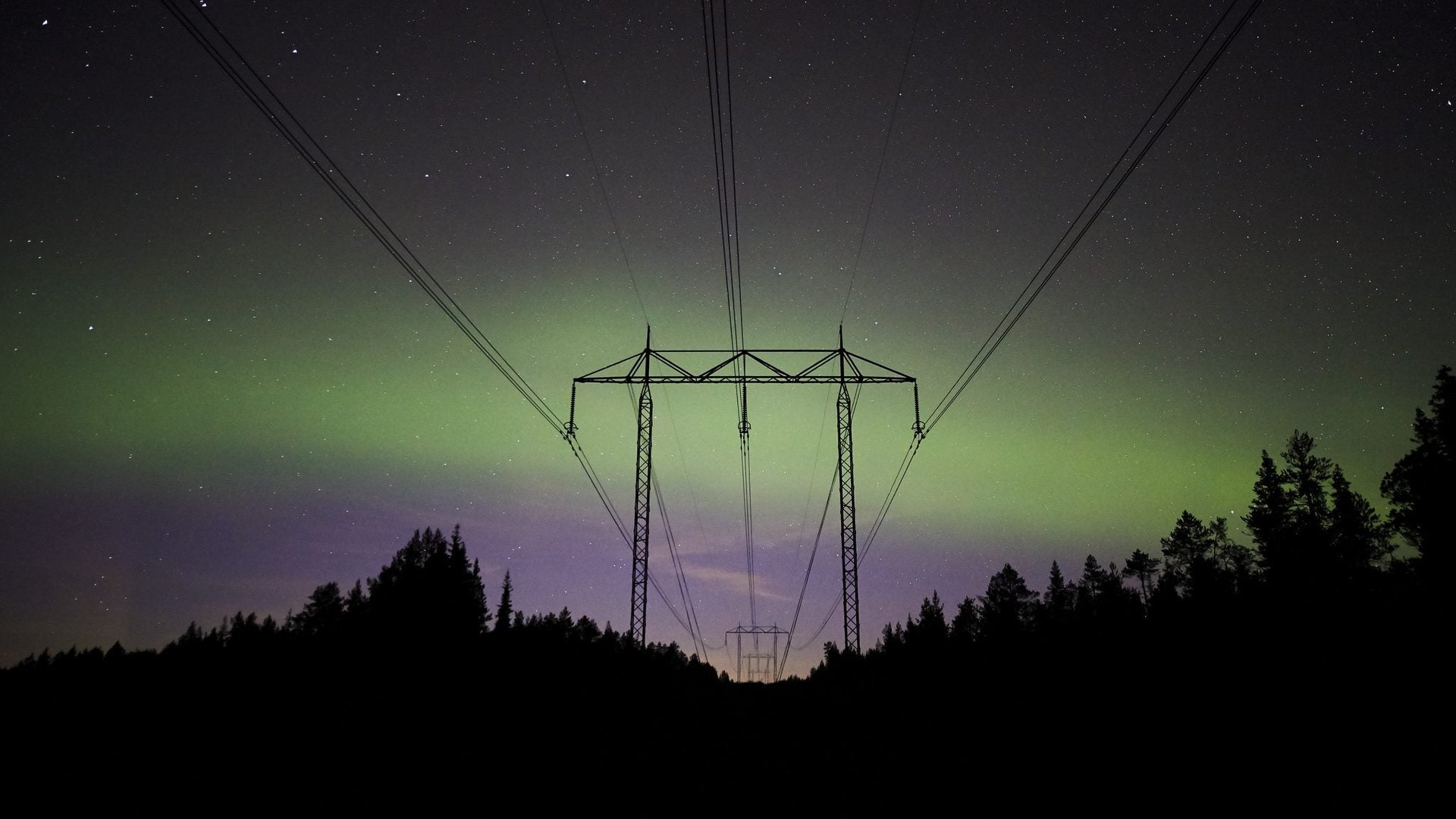A new tax law is making Sweden very attractive to the world’s biggest tech companies
Sweden’s cool climate and forest-covered interior have allowed the country to build its economy on primary industries, like pulp and paper production and metalworks, for decades. Now those same factors are helping it cater to a new kind of industry that could become just as vital to its economy in the years to come: the perfect real estate for data centers.


Sweden’s cool climate and forest-covered interior have allowed the country to build its economy on primary industries, like pulp and paper production and metalworks, for decades. Now those same factors are helping it cater to a new kind of industry that could become just as vital to its economy in the years to come: the perfect real estate for data centers.
In January, a new law slashing the tax rate on electricity used by data centers by 97% went into effect, removing a major barrier to Sweden’s burgeoning data-center economy. The energy consumed by data centers is now taxed as lightly as the electricity used by Sweden’s steelworks, car plants, and other heavy industries, putting it in line with regional competitors like Norway.
Data centers already contributed 6.2 billion krona ($687 million) and 3,600 jobs to the Swedish economy in 2015, according to a report by the Boston Consulting Group. The energy tax reforms mean data centers are expected to add 25 billion krona and 14,000 jobs by 2025, according to the report. “This is acknowledging that the world has changed,” says Tomas Sokolnicki, a senior investment adviser at Data Centers by Sweden, a quasi-government trade body. “We have a digital industry, so it should be handled and treated like other base industries in Sweden.”
The tax reform could save tech companies millions, reducing electricity bills by around 40%, according to a Swedish finance ministry study. Facebook, which opened a state-of-the-art facility in Luleå in northern Sweden in 2013, will certainly benefit. So will new entrants like Amazon Web Services, which dominates the cloud computing industry. Two weeks ago, Amazon announced plans to develop three data centers near Stockholm, although it declined to say how much investment is involved.
It’s not just that electricity is cheaper in Sweden; it’s also cleaner, which helps some of the world’s tech giants achieve their much-publicized goals of using only renewable energy. Over 65% of Sweden’s electricity comes from renewable sources like wind and hydroelectric energy, according to statistics from the European Union. Its three nuclear plants also produce energy with low carbon emissions.
Amazon says renewable energy, as well as speedy internet connections, makes the area around Stockholm the “natural choice” for data centers serving customers in the Nordics. Hundreds of jobs are expected to be created by the projects, Sokolnicki says. The townships that the Seattle tech giant has selected for investment, Eskilstuna, Katrineholm, and Västerås, are celebrating. “For a municipality, this is a big investment,” says Sokolnicki, recalling the night the contracts were signed. “There was quite a lot of emotion in there.”